The future of healthcare is looking a lot like retail, and as we touched on in last week’s article, eCommerce is the most pivotal revenue stream for retailers today. 2020 marks the era of innovation, and digital transformation is causing a trickle-down effect in all industries. In this week’s deep dive, we examine how the healthcare industry navigates the interminable conquest for a tech-first approach favored by today’s consumers.
The How’s and Why’s of retail’s dramatic shift into the tech space can serve as a red herring for today’s leaders in healthcare. In recent years, legacy retailers have grown antiquated, with sales slugging and customer loyalty at an all-time low (90 percent of the top consumer brands have lost market share in recent years). Today’s startups-turned-leaders like Warby Parker, Casper, Allbirds & Glossier don’t have the budget, capacity, or development that come close to their rivals, but that hasn’t infringed on their success. Lawrence Ingrassia tells The New York Times, “By targeting a corporate giant’s weakness — high prices or inconvenience or a stodgy image — a clever startup with the right strategy, the right message and the right product value could create a new national brand virtually overnight.” Through a personalized, customer-first and tech-centric business model, consumers have begun to put their trust in a new wave of startups.
Jeffrey Raider’s anecdote speaks volumes of this. He tells The New York Times, “People were calling us all the time, saying, ‘Hey, can I get one of those little plastic covers that go over the blade?’” These cheap, plastic covers served as a way to protect the blade during the shipment process, and customers typically lost or threw out the cover, only to realize later that it would serve as a great way to protect the blade during travel. That led to Harry’s selling a replacement Travel Blade Cover for $1.
Harry’s showed their audience that they were listening to even the smallest requests, as trivial as they might appear. In doing so, they profoundly differentiated themselves from their rival and long-time leader in the space, Gillete.
A consumer-first, personal connection is a necessity to survive in today’s tech-driven, innovation economy.
 Arguably, there’s even more opportunity to be had in telehealth, as we’re merely in the early phases of this digital transformation. Companies like Hims & Hers, Doctor on Demand, 23andMe & Capsule are the pioneers of this patient-first telehealth model. By offering a level of convenience and accessibility that, quite frankly, has never been synonymous with patient experience, they maintain a superior level of engagement with their consumers. Hims & Hers found that only 1 in 10 men felt comfortable talking about their looks and health with their doctor because as it turns out, talking about trouble in bed is a conversation most people don’t want to have face-to-face with a stranger. Hims & Hers allows consumers to ultimately save face, and get the prescriptions they need at the press of a button. Users build profiles, which outline their symptoms and past medical history. Then, they’re connected with a physician to walk-through their options, and if all goes right, the meds are shipped for free and arrive at the doorstep in a matter of days. In less than 3 years since their initial launch, they’ve expanded their prescription capabilities to all 50 states with physician consultations occurring in real-time. Patrick Carroll, Chief Medical Officer at Hims & Hers and Millennium Alliance Advisory Board member, sat down with us to further discuss the methodology of their success.
Arguably, there’s even more opportunity to be had in telehealth, as we’re merely in the early phases of this digital transformation. Companies like Hims & Hers, Doctor on Demand, 23andMe & Capsule are the pioneers of this patient-first telehealth model. By offering a level of convenience and accessibility that, quite frankly, has never been synonymous with patient experience, they maintain a superior level of engagement with their consumers. Hims & Hers found that only 1 in 10 men felt comfortable talking about their looks and health with their doctor because as it turns out, talking about trouble in bed is a conversation most people don’t want to have face-to-face with a stranger. Hims & Hers allows consumers to ultimately save face, and get the prescriptions they need at the press of a button. Users build profiles, which outline their symptoms and past medical history. Then, they’re connected with a physician to walk-through their options, and if all goes right, the meds are shipped for free and arrive at the doorstep in a matter of days. In less than 3 years since their initial launch, they’ve expanded their prescription capabilities to all 50 states with physician consultations occurring in real-time. Patrick Carroll, Chief Medical Officer at Hims & Hers and Millennium Alliance Advisory Board member, sat down with us to further discuss the methodology of their success.
EF:
How do you expect Hims & Her’s recent expansion into all 50-states to transform the company in the new year?
PC:
Since day one, Hims & Hers has been focused on delivering safe, effective and efficient digital health services to people across the United States. In just two years, we’re proud to have powered more than one million digital healthcare visits. Expanding to all 50 states goes hand in hand with our mission to increase access to care for more people across the country, particularly those in rural populations and underserved communities. That can have a tangible impact for the millions living in medical deserts – regions of America where access to healthcare is limited or non-existent. We’re excited to be able to provide all people, regardless of geography, with a convenient option for high-quality healthcare.
EF:
With the increase of competition in the telehealth industry, how has Hims & Hers maintained their competitive edge – or in other words, what’s the secret sauce?
PC:
We founded Hims & Hers because for millions of people it’s just too hard to be healthy and well. Many Americans have to wait weeks for an appointment, spend money to find childcare or take time off work to visit an office only open between 9-5. They’re stuck navigating a system that’s confusing, complex and opaque. That’s why we are building a first-class healthcare system that puts people first, meeting or exceeding all the levels of quality of a traditional provider in the categories we serve. On average, Hims & Hers patients hear back from a doctor within one hour and, if a physician determines they’re eligible, can get their treatment delivered to their doorstep for one affordable price without surprise fees or hidden charges. But we also believe that there’s a role for every type of physician interaction in a patient’s healthcare ecosystem – whether that’s by secure asynchronous messaging, phone or video consultation or an in-person visit. That’s why we are also prioritizing work with traditional providers like Ochsner Health System with whom we announced our partnership at the end of last year. There’s enormous potential for us to work with health systems like Ochsner to ensure patients have access to a broad spectrum of high-quality care.
EF:
What do you think leaders in healthcare need to do differently?
PC:
Healthcare leaders need to recognize and address a rapidly changing landscape which is consumer-focused. In this environment, care access and price transparency are paramount. The traditional health delivery model is unsustainable due to costs and provider shortage. Innovative care models including but not limited to digital care and as well as expanding the care delivery team to include pharmacists, advanced practitioners and ancillary caregivers is essential. Traditional health systems need to get out of the towers and into the ambulatory space where the majority of future care will be delivered.
And we couldn’t agree more. The landscape has changed, and consumers are now offered a multiplicity of options. Long are the days when patients were cornered into accepting months-long waits for appointments, or outrageously priced medications.
According to McKinsey, healthcare providers are in the midst of a convergence with retail, given the following significant shifts occurring in recent years:
- Distributed settings of care
- Locations that answer consumers’ growing demand for convenience
- Lower cost, less capital-intensive care delivery systems
- Solutions that optimize scale within local markets
In their short amount of time in the market, Hims & Hers has consistently had their finger on the pulse of these trends. Their proven success has paved the way for a number of niche companies to emerge onto the market, and mental health offers an enormous opportunity for the future of telehealth.
According to the National Alliance on Mental Health, 60% of U.S. counties in 2018 didn’t have a single practicing psychiatrist, and more than half of adults with a mental illness went untreated. The statistics are staggering, and there’s a proven market (with a critical need) that’s forced to comply with a healthcare system far too outdated and understaffed to address the problems at large.
 The San Francisco telehealth startup, Cerebral, launched just this year and is already sought-out to fill this void, and ultimately, they hope to shatter the stigma behind “seeking help” that oftentimes prevents patients from receiving treatment in the first place.
The San Francisco telehealth startup, Cerebral, launched just this year and is already sought-out to fill this void, and ultimately, they hope to shatter the stigma behind “seeking help” that oftentimes prevents patients from receiving treatment in the first place.
As reported by Bloomberg, for a $92 monthly subscription, users get an initial video visit with a doctor, medication sent to them in the mail, and monthly video visits and messaging with a care manager. The check-ins provide the patient with support and help the doctor and care manager track the patient’s progress and adjust their dosage if necessary, which is common for many psychiatric drugs.
Much like Warby Parker & Glossier transformed the retail industry in years past, Hims & Hers and Cerebral are positioned to revolutionize the way patients seek treatment. Telehealth is following a retail-inspired structure, providing a patient-first experience enhanced by technology. With the urge for personalization, convenience, and competitive pricing being top priorities for today’s consumers, it’s all the more crucial that healthcare leaders of today ditch their traditional systems – because now, consumers have the power of choice.
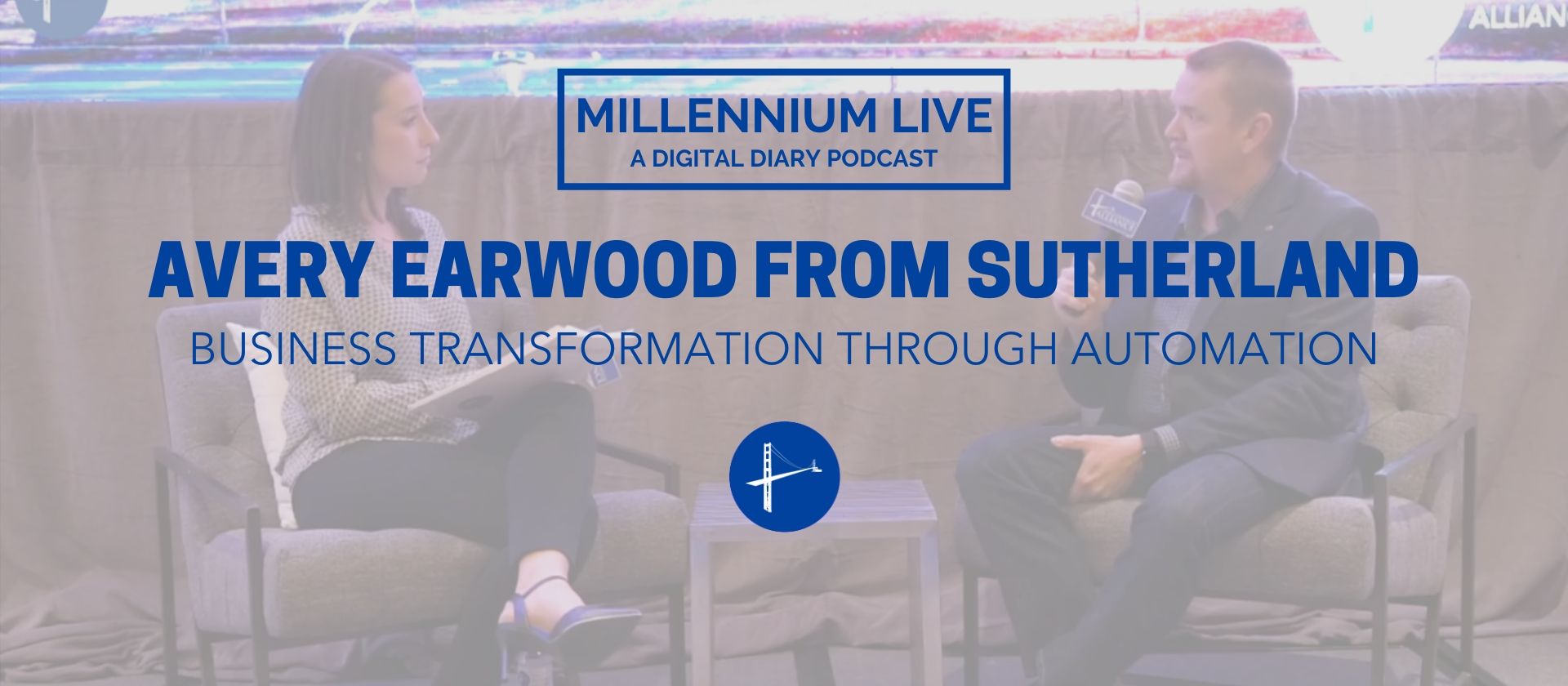


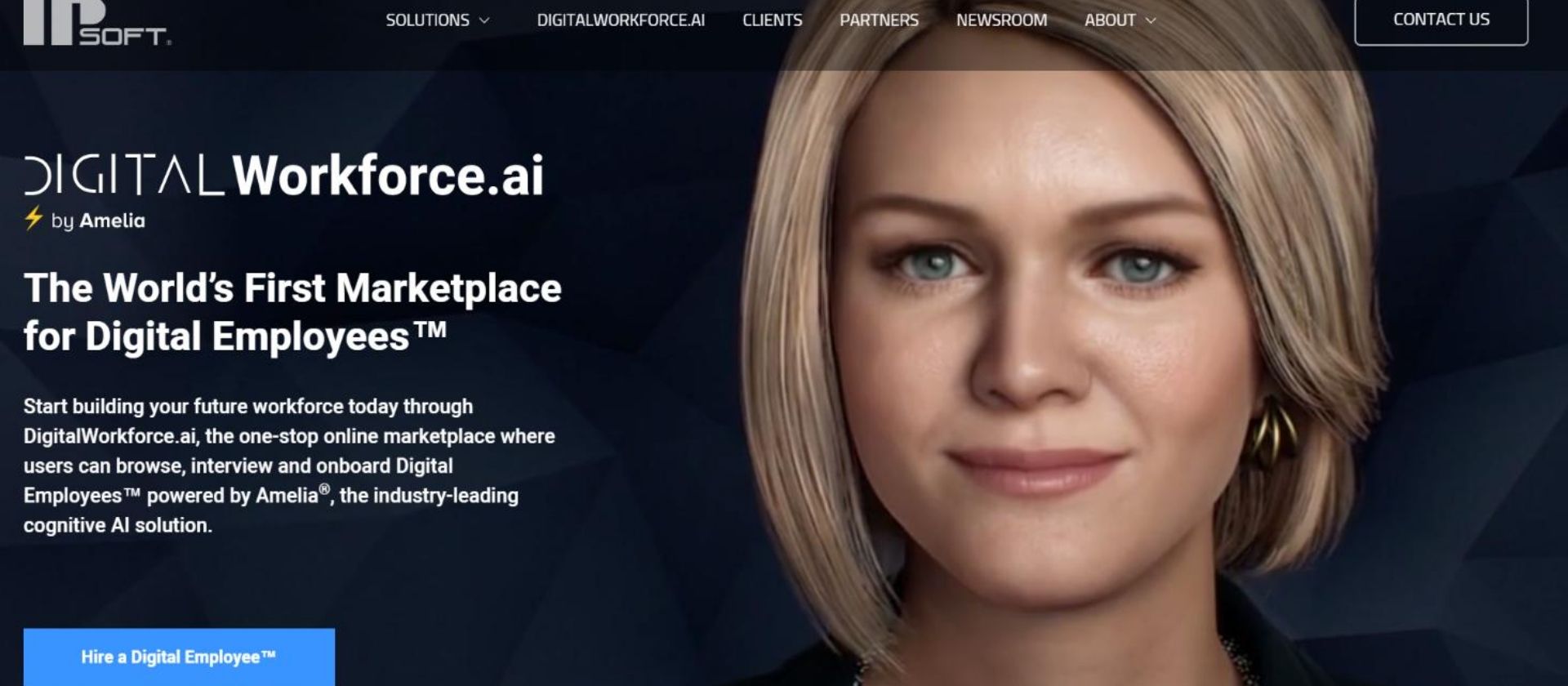

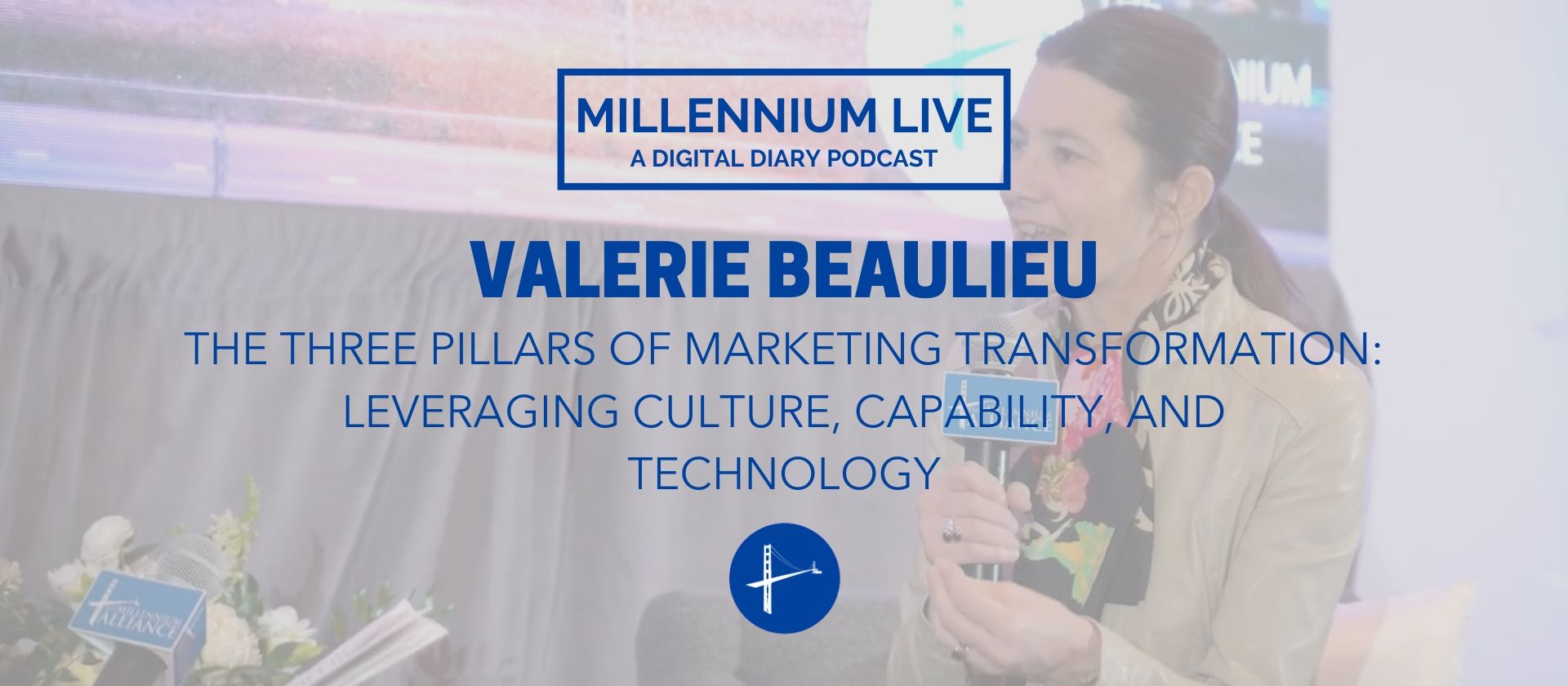
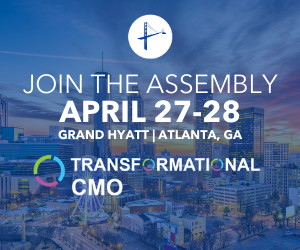

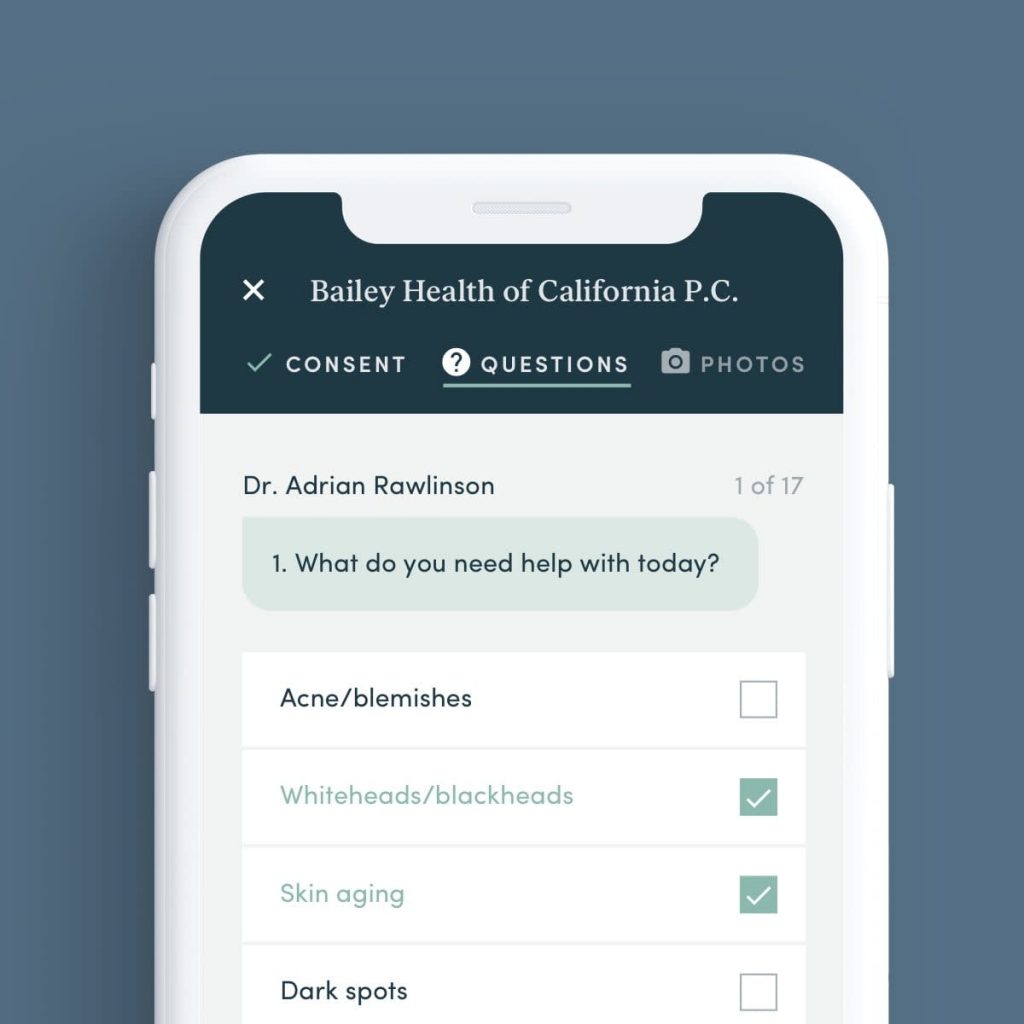 Arguably, there’s even more opportunity to be had in telehealth, as we’re merely in the early phases of this digital transformation. Companies like Hims & Hers, Doctor on Demand, 23andMe & Capsule are the pioneers of this patient-first telehealth model. By offering a level of convenience and accessibility that, quite frankly, has never been synonymous with patient experience, they maintain a superior level of engagement with their consumers.
Arguably, there’s even more opportunity to be had in telehealth, as we’re merely in the early phases of this digital transformation. Companies like Hims & Hers, Doctor on Demand, 23andMe & Capsule are the pioneers of this patient-first telehealth model. By offering a level of convenience and accessibility that, quite frankly, has never been synonymous with patient experience, they maintain a superior level of engagement with their consumers.  The San Francisco telehealth startup,
The San Francisco telehealth startup, 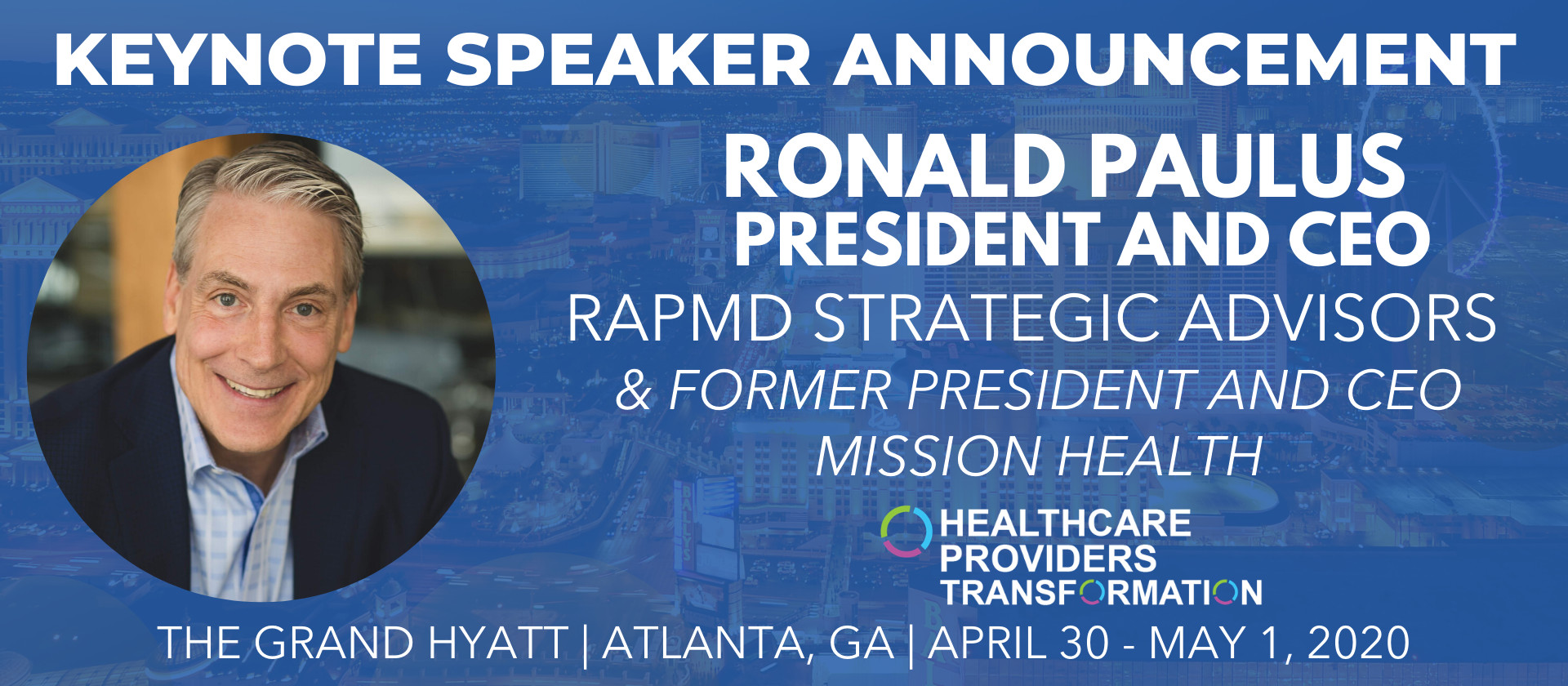

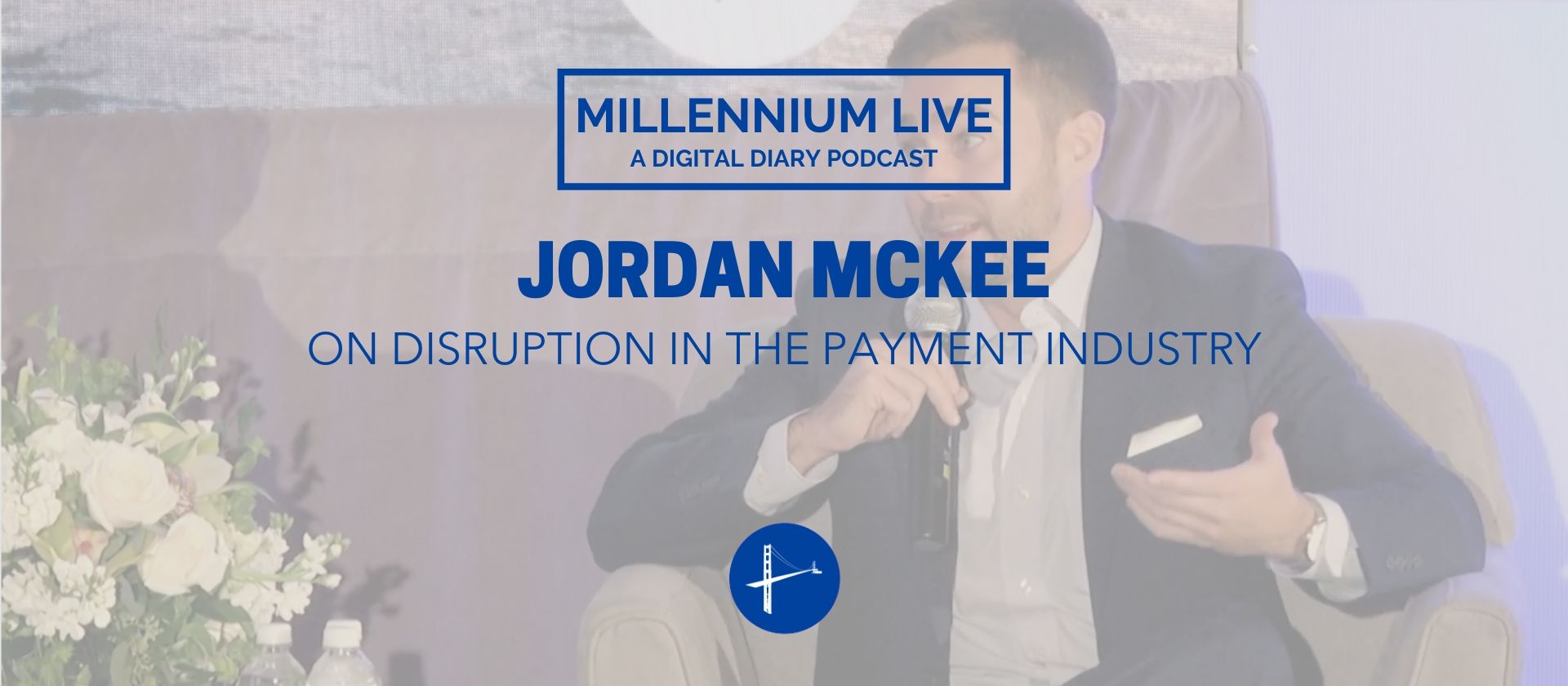
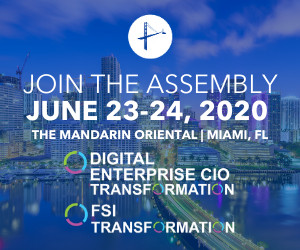

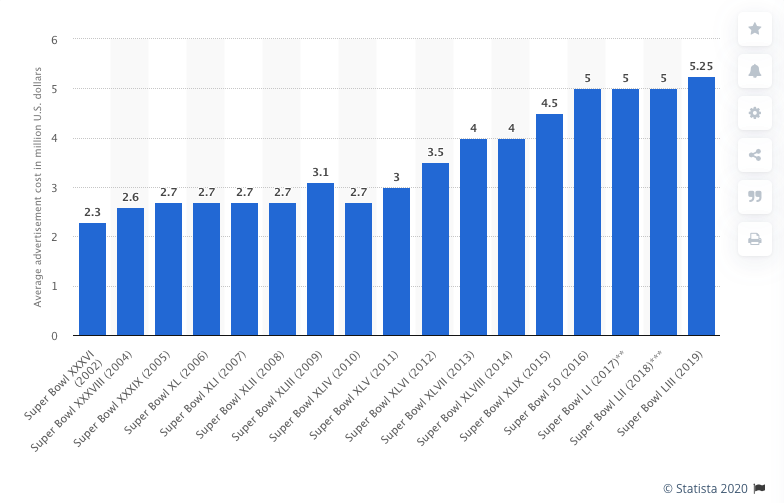 Chart found
Chart found 
